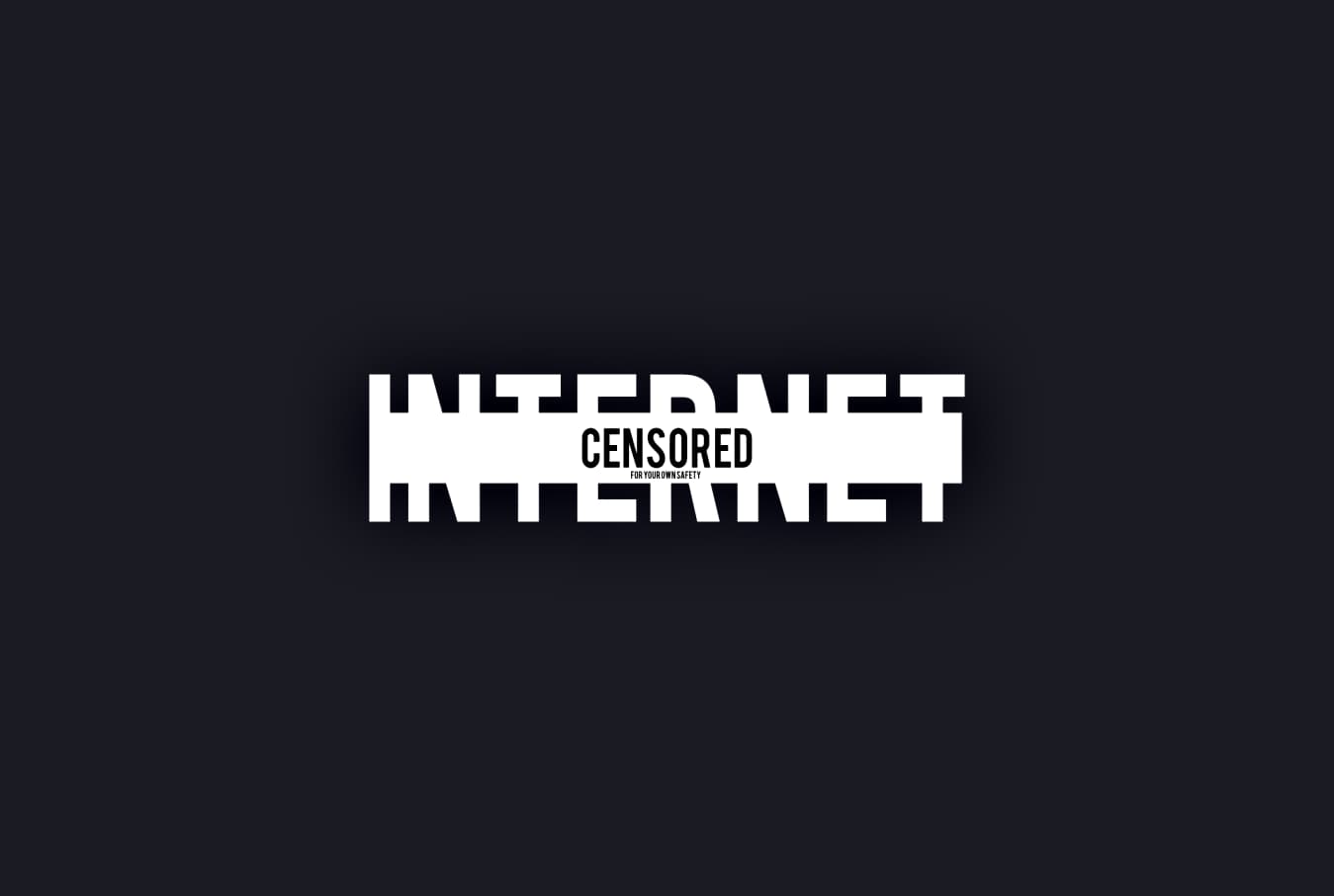Is Internet filtering at the state level good or bad? As always, there are different opinions. I do not want to give a definite answer to this question now. On the one hand, the degree of filtering and the profile of filtering can be different, on the other hand, partly the answer to this question lies in the ideological sphere.
Everyone can answer it, based on his political preferences. As it is known: “Local censorship is the defense of society, the outside censorship is the restriction of freedom.” Below I will present the arguments of a number of analysts, who sometimes come to opposite conclusions.
The first point of view is vividly shown on the pages of the website of Reporters Without Borders (RSF), which lists 15 countries – the so-called enemies of the Internet, which include Cuba, China, Iran, North Korea, Syria, Vietnam, Belarus, and others.
This point of view is well known and is formulated like this:
“The Internet is most strongly filtered in countries with a low degree of democracy, where governments fear their citizens would access independent media. In these countries, authorities not only deceive citizens but also hinder the development of free media, limit the free exchange of opinions, infringe human rights, etc.”
Proponents of the second point of view appeal to the theory of information wars, considering this term in a broad (ideological) sense, that is, as a set of measures to influence the mass consciousness of people in the conditions of informational openness. Unlike totalitarian propaganda (when everything is built on a “monopoly on the truth”), the methods of information warfare support various sources of information which impose their point of view in different ways.
We live in a period of information wars. Information wars are actually targeted attacks of information systems aimed at each other in order to obtain material benefits. Each nation has its own self-learning information systems. One of the means of info weapons is the peaceful propaganda of the merits of your own lifestyle. Imposing your own stereotypes of behavior on surrounding countries inevitably weakens the latter. These methods are also safe for the aggressor itself since this information does not reprogram its own population.
In the case of information warfare, the defeated adversary becomes a useful resource itself. It turns into cheap labor power, performing the most undervalued work.
The amount of information that is purposefully transferred from one country to another is a measure of information aggressiveness.
For mass reprogramming of a nation, the most effective are techniques that have an emotional tinge and belong to such areas as popular culture, art, religion, political events. The analysis shows that many countries of the world are now creating systems for protection against informational aggression in the form of cultural expansion. In France, for example, no more than 50% of foreign films are allowed to be shown on television, the vast majority of which are now American.
“No government ought to be without censors, and where the press is free no one ever will,” Thomas Jefferson.
Information warfare is a phenomenon that manifests itself at different levels. Here, it is appropriate to draw an analogy with the infection of a cell with a virus. The cell into which the virus enters is the external environment for it. By entering information and changing the elements of the cell, the virus purposefully changes data interaction and thereby causes the cell elements to create another similar virus. For a cell, this interaction leads to the disruption of its internal informational interactions. If the resulting information distortions become too significant, the cell loses the ability to maintain its existence and collapses.
The importance of information wars is noted by analysts from different countries. Here is an interesting statement by former US Secretary of Defense Donald Rumsfeld on February 17, 2006: “In modern wars, the most critical battles take place not in the mountains of Afghanistan or on the streets of Iraq, but in news studios, in places like New York, Moscow, London, etc.”
And here is the Israeli journalist’s point of view: “In some cases, the success of a “hot” war is determined by the defeat of the enemy in the information war, as was the case in Vietnam, from where the Americans were forced to leave because of protests in America itself, and they were the result of information wars. Even a victory in a “hot” war can be turned into a defeat in the subsequent informational one. You can turn upside down the whole story, convince everyone that black is white. Everything is possible when dealing with the information war.”
Saying that the Internet is the most democratic means of expressing alternative opinions, it is often forgotten that the voices of the poor and the rich on the Internet have different weight. In order to promote your ideas, both the poor and the rich can create their websites and state their views there, but the one who invests $10,000 in website promotion can get much more visitors than those who invest in website promotion only 10 dollars.
Similarly, different countries have different opportunities to create information flows. Therefore, countries that are not able to create powerful offensive information weapons are forced to defend themselves (for example, in the form of filtering Internet content). But such protection is not always very effective as people use VPNs to overcome barriers. At the same time, it is obvious that protection is necessary only if the country professes its own independent ideology.
The problem of the uneven distribution of languages on the Internet should also be noted. The English-language information stream is much more powerful than others. This is also due to the fact that the vast majority of software has support in English.
Any corporation strives to associate its image in the minds of consumers with the ideal company, and its product with the ideal product – these are the conditions for sales growth. The same thing happens at the country level. Promoting a certain lifestyle automatically generates demand in the relevant market for goods and ideas. It is beneficial for any country to create its ideal image.
As companies strive to show their ads to potential consumers, sometimes using different methods of overcoming barriers (spam filters, pop-ups, adware, etc.), so countries can apply different methods of circumventing barriers, for example, to resort to technologies, which allow disseminating politically tinted information, bypassing interstate borders.
In the most general terms, this position can be formulated as follows:
“The Internet erases international boundaries, which leads to the weakening of systems that naturally fight for their existence.”










